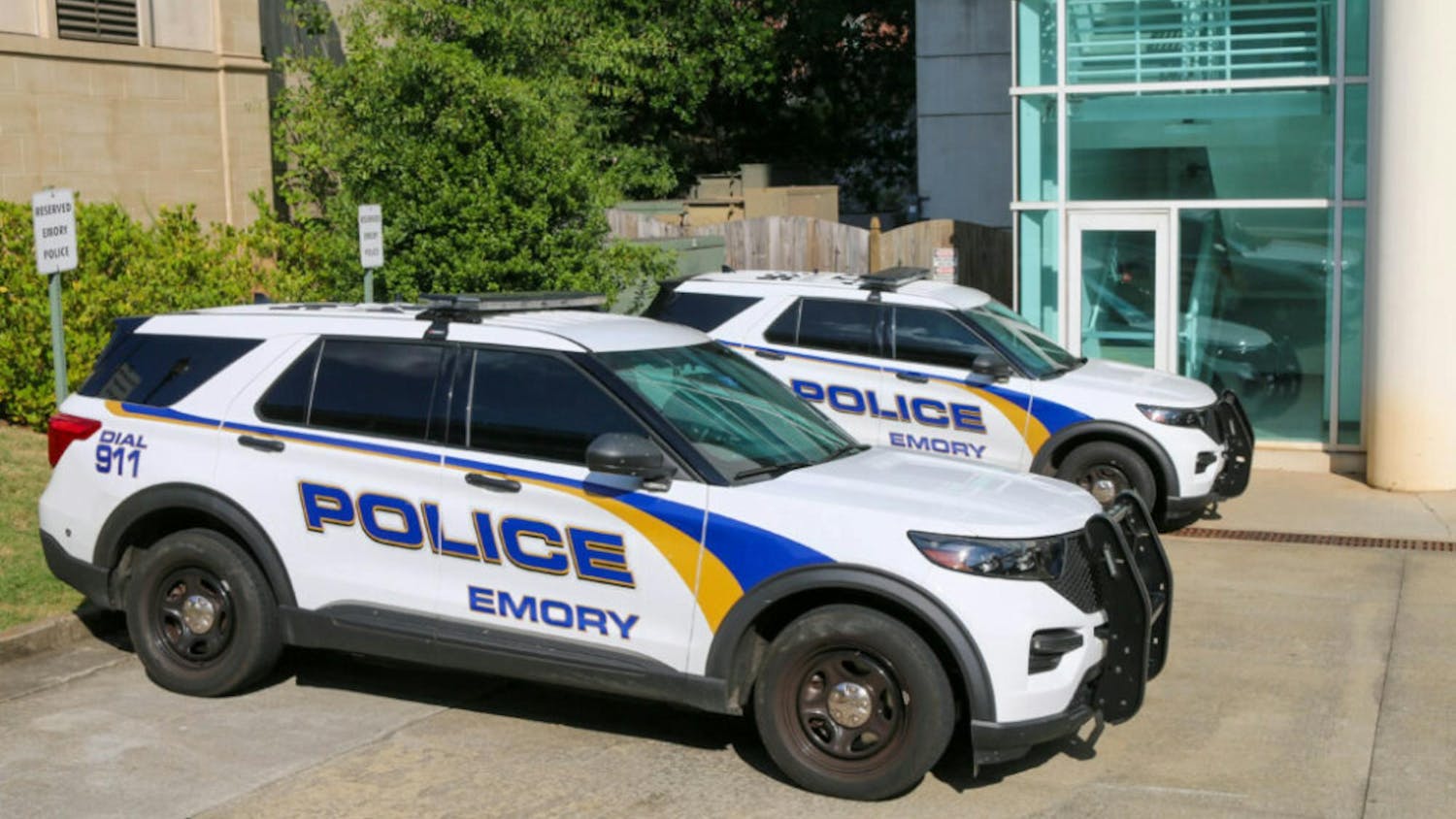The Scholarly Inquiry and Research at Emory (SIRE) sponsored Research Symposium, open to all undergraduate researchers, was held in the Math and Science Center on Oct. 23 and Oct. 24.
Students shared posters about their work, spanning many disciplines ranging from the humanities, natural sciences, social sciences and creative and performing arts.
SIRE is an undergraduate research program that involves pairing students with faculty on research projects and providing a class for students to learn more about research.
However, the symposium was not limited to SIRE students.
Postdoctoral fellow Dr. Gillian Hue and Associate Director of Undergraduate Research Dr. Folashade Alao are the faculty directors for undergraduate research who coordinated the Research Symposium.
“[I am most proud of] the diversity of our research. There are humanities and creative arts research posters in addition to natural science posters,” Hue said.
This “disciplinary diversity” is truly something Hue strives for and is proud to be a part of creating.
College seniors Sean Kelley and Katie Boice were two of the many students that presented at the symposium.
Kelley and Boice conducted research projects in different fields and found their experiences to be very rewarding.
Kelley applied cognitively based compassion training (CBCT), “a secular derivative of Tibetan Buddhist mind training designed to increase empathic and altruistic feelings towards others,” to second-year Emory medical students.
According to Kelley, medical students often experience a decline in empathy and psychosocial well-being throughout their medical training, which can be potentially detrimental given that patients provide more information and have better treatment outcomes when being treated by more empathetic physicians.
Consequently, Kelley and his research colleagues wanted to know if CBCT had a discernible effect on second-year medical students.
Kelley found that, overall, CBCT decreased loneliness and stress in medical students.
Boice, on the other hand, studied psychology.
According to Boice, she used a SIRE independent research grant to investigate the causes of differences in sex in performance in spatial and mathematical tasks.
Boice discovered that females with lower working memories displayed stereotypical behavior on spatial and mathematical tasks compared to females with higher working memories.
Kelley and Boice worked in very different research environments and both truly enjoyed the work that they did.
“Because of research I have improved my ability to think of complex and multi-faceted issues as well as approach problems from a variety of angles,” Kelley said. “It is incredibly gratifying, after months of work, to make conclusions and interpretations from the results and place them into the broader scientific literature. For this project in particular, I very much enjoyed working on a project with direct real-world applications that could potentially improve quality of patient-physician interaction.”
Boice also appreciates that she can contribute to research literature and apply her findings to real world applications.
“My participation in undergraduate research at Emory has allowed me to narrow my interests and feel more confident in my ability to understand and produce scientific literature that can benefit the field of psychology,” Boice said. “More meaningfully, it has facilitated lasting relationships with my advisor and graduate students as they’ve mentored and supported my growth as a researcher.”
Some of the other project titles included, “Effects of Maternal Depressive Symptoms on Consistency of EEG Patterns in Infants,” “Finding Common RNA Expressions among Yeast Strains That Survive Better in Low pH” and “Assessing the ‘Safety’ of Dietary DDT: The 1950s Atlanta Penitentiary Studies.”
Overall, the participants of the symposium were enthusiastic to share their research with fellow scholars, students and parents.
These undergraduates have found research to be a very rewarding experience, and one of the goals of the symposium was to give students who were not sure whether or not to get involved with research a chance to learn about peers’ findings as well as other students’ positive experiences working in a multitude of disciplines.
Read More
Trending







